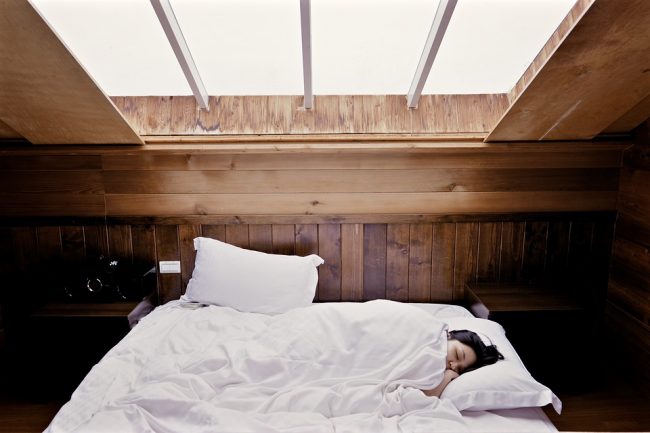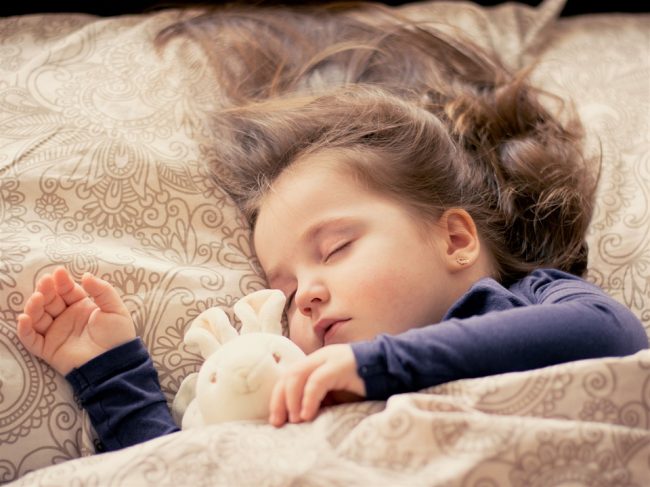Common Sleep Problems and Disorders

When sleeping, you cycle through REM and non-REM cycles. At times you will be repeatedly being interrupted and cannot cycle through these stages of sleep. For instance, you may feel fatigued, tired, or have trouble paying attention and concentrating. You should note that sleepiness puts you at risk of different types of accidents. Ideally, most people sleep at night because of conventions of 9 to 5 working and the internal clock. These are some of the sleep disorders you should know.
Insomnia
 People suffering from insomnia do not feel as if they get adequate sleep at night. That means they may have trouble being awake or falling asleep during the night. Insomnia tends to affect your daytime activities. In fact, it has many possible causes that include anxiety, stress, poor sleep habits, jet lag, depression, and taking various medications.
People suffering from insomnia do not feel as if they get adequate sleep at night. That means they may have trouble being awake or falling asleep during the night. Insomnia tends to affect your daytime activities. In fact, it has many possible causes that include anxiety, stress, poor sleep habits, jet lag, depression, and taking various medications.
Snoring
A lot adults snore. Ideally, the noise is produced when air you inhale rattles the relaxed tissues of the throat. In fact, snoring can be an issue because of the noise it generates. Moreover, it can be a marker of serious sleep issues known as sleep apnea.
Sleep Apnea
The problems occurs when upper airway becomes partially or completely blocked as it interrupts routine breathing for the short periods. In some instances, it can wake you up. According to Well Aware Systems, it is attributed to most cases of daytime sleepiness. When left untreated, severe apnea can result in high blood pressure, stroke, and heart attack.
Pregnancy and Sleep
Usually, women experience daytime fatigue and sleepless nights during the first and third trimesters. For instance, during first trimester, a woman will make frequent trips to the bathroom. Moreover, she may suffer from morning sickness that can disrupt sleep. In the later stages of pregnancy, physical discomfort and vivid dreams can prevent deep sleep.
Narcolepsy
This is a brain disorder that results in excessive daytime sleepiness. It is attributed to a genetic component. However, you may be surprised to note that most patients do not have family history of this condition. Ideally, most patients suffer from sleep attacks and experience continuous sleepiness during the day.
Restless Legs Syndrome
Patients with restless leg syndrome experience discomfort in the feet peaks and legs during the night. They have an urge to move their feet and legs to get temporary relief. That can cause awakening during sleep or even delay sleep onset. It is a common problem among middle-aged adults.…



 The infant pillows have different fillings. The most common ones are synthetic fill and feathers. Choose something that is less noisy during movement.
The infant pillows have different fillings. The most common ones are synthetic fill and feathers. Choose something that is less noisy during movement.